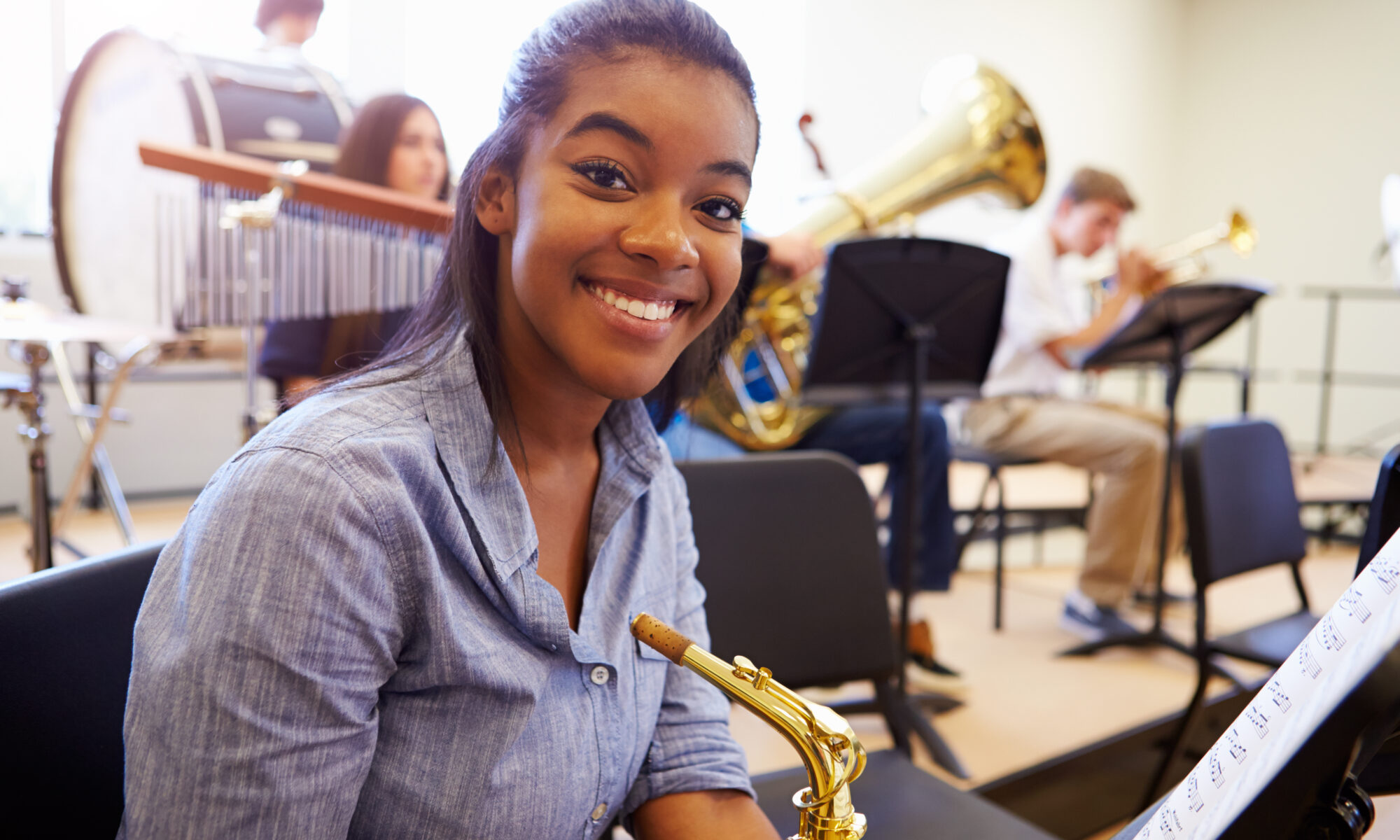Mike Piercy, education consultant and former Head of The New Beacon, sings the praises of music in education
What exactly is it that drives parents to make huge sacrifices by sending their children to independent schools? Different families have different priorities and, of course, every child is an individual. For some it is academic ambition. For many it is small class sizes. There are those who argue class size is less important than good teaching. The latter, I would suggest, is a given, but it stands to reason smaller classes bring closer attention; academically and in personal development.
For the majority I suspect it may be ‘breadth’. I studied Latin to ‘O Level’ and wondered at the time why it was necessary (‘First it killed the Romans…’). With hindsight, on becoming an English teacher, the benefits were quickly apparent.
I have always questioned the term ‘Core Curriculum’. Yes, literacy and numeracy are essential. An understanding of science, how things work, the physical and natural world is important, as is the all-pervasive Computer Science. And we should not ignore the humanities or languages, essential in developing a better understanding of humankind.
A more appropriate term, to my mind, is ‘Cross Curriculum’. Education should be seen as a whole, not just in ‘subjects’; one part of the brain feeding another. Sport, for example, incorporates science, diet, health, fitness, teamwork and social education.
And what of music? I retired – far too young – from playing the double bass. I recall playing in an orchestra of 40+, a team infinitely bigger than one found on a rugby pitch. In those outer – but all-important – parts of an orchestra, counting was essential, where bass was not required for sometimes lengthy breaks, ‘42, 2, 3, 4; 43, 2, 3, 4…’ and so on, watching the conductor, hearing, feeling all the other parts.
Music has possibly the greatest potential for cross-curricular teaching. I await clamorous indignation from teachers of other subjects. There is reading; not just lyrics (poetry?) but a musical score – another language in itself.
There is history, with composers reflecting the times in which they lived. Andrea and Giovanni Gabrieli composed specifically for St. Mark’s, Venice, with polyphonic choirs and instruments cast around the basilica’s vast interior. Science and maths – limitless: perception and cognition, physiology of singing, acoustics, technology, counting up notes (fractions: hemidemisemiquavers, 1/64th of a whole note). The creativity of composition is so much more exciting for young people using easily available software. Consider also the breadth of musicology.
Cervantes wrote, ‘He who sings scares away his woes.’ So succinct – so right. Teaching a Year 5 class some years ago there was reference in our book to a paddle steamer. In describing and explaining I said quietly, ‘The wheels on the bus,’ then paused. Immediately the class chorused, ‘go round and round’ – to great, universal merriment. There is something powerful, joyful, uplifting, hearing a school singing.
Yo-Yo Ma, the brilliant cellist, has said: “Music enhances the education of our children by helping them to make connections and broadening the depth with which they think and feel. If we are to hope for a society of culturally literate people, music must be a vital part of our children’s education.” Beautifully expressed. Again, so right.
Orsino in Twelfth Night, ‘That strain again, it had a dying fall,’ encapsulates the emotion just one musical phrase can evoke. In seeking a school for your children, find one which celebrates not just its academic achievements but one which strives for excellence in breadth: body, mind and soul.
‘Music is a moral law. It gives soul to the universe, wings to the mind, flight to the imagination, and charm and gaiety to life and to everything.’ Plato.
Contact Mike with your education-related queries at mikepiercy@hotmail.com
You may also like
Great Expectations
Mike Piercy, education consultant and former Head of The New Beacon, gives his opinion on tutoring There’s nothing wrong with ambition; indeed it is to be praised. Encouragement of ambition is inherent in parenthood and teaching.I have something of a...
Creative Thinking
Online educators, Technology Triumphs, talk us through their approach “There is no doubt that creativity is the most important human resource of all,” – Edward De Bono, the originator of the term lateral thinking.Despite this, creative pursuits have been seemingly...
5 Top Tips to get exam ready
Help your child navigate exam season with help from the experts It is no secret that, for some students, the exam season represents a stressful time. Antony Nesling and Beverley Bloem, Diploma Coordinator and High School Counsellor at ACS International...










